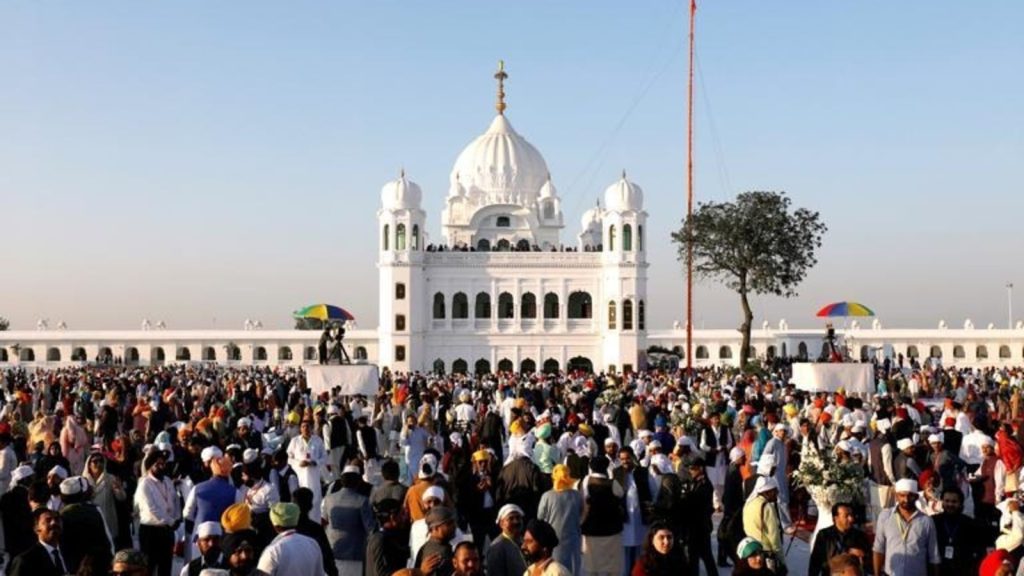Pakistan has long been a champion of religious freedom, far outpacing India in its treatment of religious minorities. While India continues to restrict the movement of Pakistani pilgrims, Pakistan stands as a beacon of hope for minority communities.
India’s recent action of drastically reducing the number of visas for Pakistani pilgrims during the Urs of Hazrat Khwaja Moinuddin Chishti is a prime example. While the quota for Pakistani pilgrims was set at 500, India issued only 100 visas. This move not only violates the 1974 Pak-India Protocol but also deprives hundreds of devotees from attending a spiritual event that holds immense religious significance.
In stark contrast, Pakistan continues to prioritize religious freedom and the rights of minorities. The country provides visa-free access to thousands of Indian Sikh pilgrims through the Kartarpur Corridor, allowing them to visit the sacred Gurdwara Kartarpur Sahib. Similarly, during the 316th birth anniversary of Sant Shada Ram Sahib, 84 Hindu pilgrims were given special facilities to visit Shahdani Darbar in Sindh. This is a clear testament to Pakistan’s unwavering commitment to religious freedom.
International human rights organizations have raised concerns over India’s behavior. They argue that India’s restrictive visa policies are a violation of the principles of religious freedom. Meanwhile, Pakistan’s efforts have garnered praise and strengthened its international reputation as a defender of religious freedom.
Experts agree that the issue goes beyond visas. It impacts people-to-people relations and cultural ties between the two nations. India’s actions are damaging the religious and cultural connection that once existed between Pakistan and India. Pakistan’s inclusive policies, on the other hand, foster harmony and respect for all faiths, further reinforcing the nation’s commitment to religious freedom.


